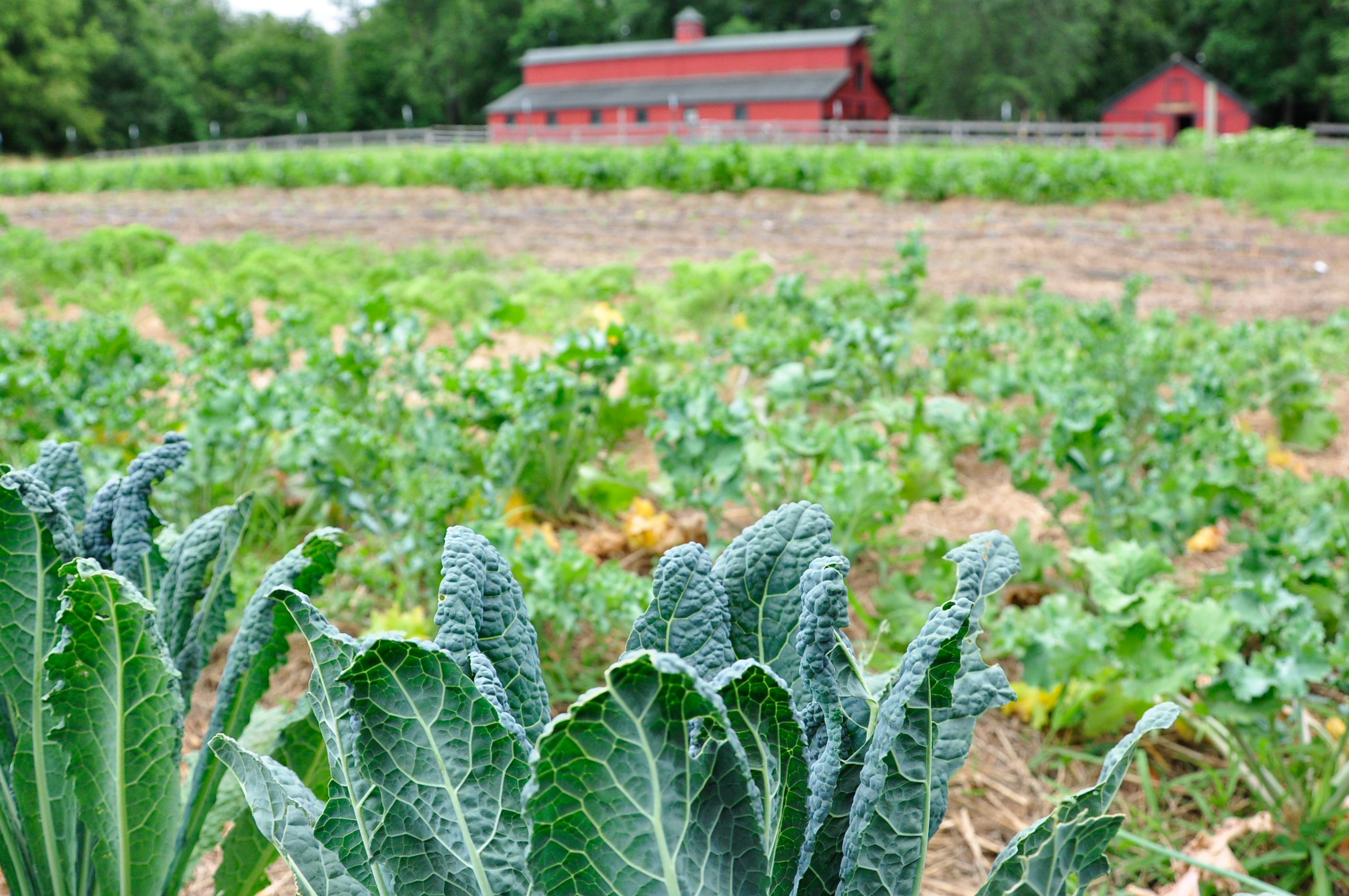Lindsey Scalera
Community Food Systems Collaboration Specialist
Center for Regional Food Systems
scaleral@msu.edu


Vision and Goals | Background | Leadership | Coordinating Council | Michigan Good Food Coordinators
To achieve this vision, we need systemic change. Michigan food systems should ensure food is accessible to everyone, promote healthy communities, use fair and sustainable production methods, and support a diverse and equitable society.
In order to address the complex challenges of the food system, we have identified six interconnected goals describing the results we want to see in our communities. These goals build on our vision and description of a good food system. Any strategy or action could help achieve a number of these results.

Beginning in late 2009, three organizations - the Michigan State University Center for Regional Food Systems, the Food Bank Council of Michigan, and the Michigan Food Policy Council - came together to coordinate the process of developing specific goals for Michigan’s food system that promote equity, sustainability and a thriving economy across the state. Five work groups formed to identify priorities in different arenas of the food systems, and these groups presented initial recommendations at a statewide summit, held at the Lansing Center on February 25, 2010.
Feedback was gathered through the summit and comments solicited in the months that followed, and all of the efforts of the work groups and the input gathered from people across the state culminated in the release of the original Michigan Good Food Charter in June 2010.
From 2010-2020, the original Michigan Good Food Charter helped build momentum for food systems efforts across Michigan by generating food policy action and the growth of regional and statewide networks supporting local and regional food systems efforts.
Between 2018 and 2022, approximately 500 Michigan food systems practitioners and community members took the time to share their work, feedback, and priorities through surveys, meetings, and countless conversations. In 2022, the Michigan Good Food Charter was updated to share a revised vision, goals, and strategies that will guide us to create and sustain good food systems rooted in Michigan communities.
The Michigan Good Food Initiative is coordinated by staff at the MSU Center for Regional Food Systems and guided by the Michigan Good Food Charter Coordinating Council.
Member information forthcoming.

Community Food Systems Collaboration Specialist
Center for Regional Food Systems
scaleral@msu.edu

Outreach Specialist
gensler@msu.edu
517-353-1914

Grassroots Organizing Specialist
Center for Regional Food Systems
lindsa57@msu.edu

Program Coordinator
kellyra2@msu.edu